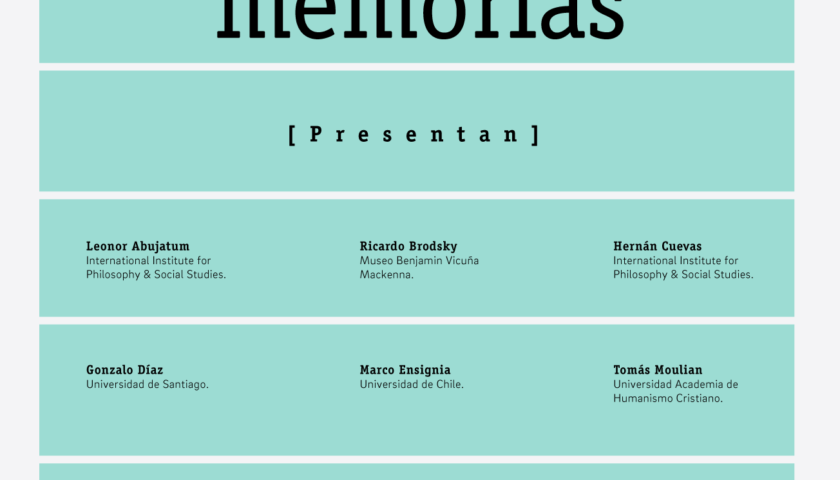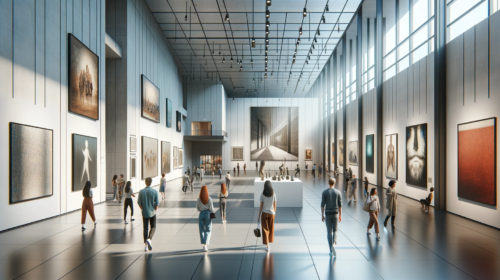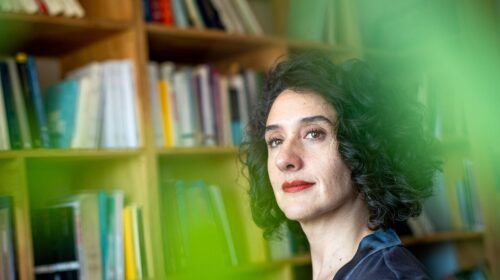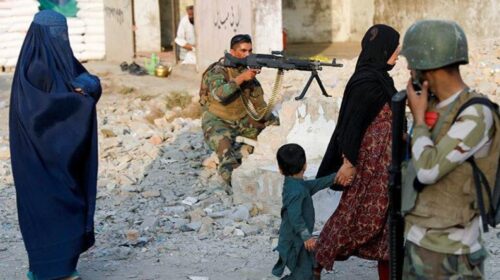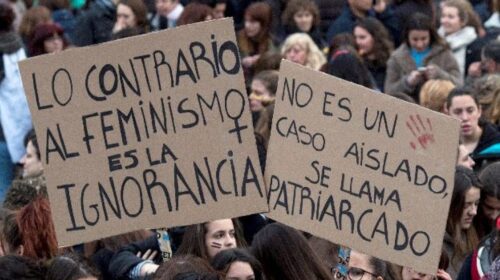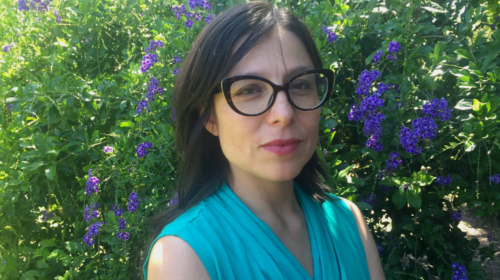At the end of August, the Seminar was held on the process of Memorialization of Chile. It was organized by the International Institute for Philosophy & Social Studies (IIPSS), the Institute of Public Affairs of the University of Chile with the support of the United Nations Educational, Scientific and Cultural Organization.
“This seminar addressed some of the edges of the memory and memorization process in Chile,” said Hernán Cuevas, president of the IIPSS. Although memory is often thought of in the singular these are “collective, plural and controversial. They respond to discursive, dynamic social constructions, and are usually deeply political ”
The Deputy Director of the Institute of Public Affairs of the University of Chile, Felipe Agüero, referred to the importance of having spaces for conversation around this topic: “Memory has to do with the future. It is to highlight to reflect and remember those aspects, past situations, events or processes that make sense for us to build the desired future”, he said.
This activity was aligned with the dealing with the past through education agenda of the United Nations Educational, Scientific and Cultural Organization (UNESCO) -which supported the event- and which seeks the promotion of education to address the repressive past and thus prevent violations of human rights.
Some of the speakers were: Tomás Moulian, Sociologist and Political Scientist, National Prize for Humanities and Social Sciences of Chile 2015; Leonor Abujatum, a doctoral candidate in Literature and Cultural Studies, University of Potsdam, Germany; Ricardo Brodsky, Director of the Benjamín Vicuña Mackenna Museum; Hernán Cuevas, Doctor of Political Science, University of Essex, England; Gonzalo Díaz, doctoral candidate in Philosophy, University of Chile; Marco Ensignia, Master in Anthropology, FLACSO-Ecuador.

